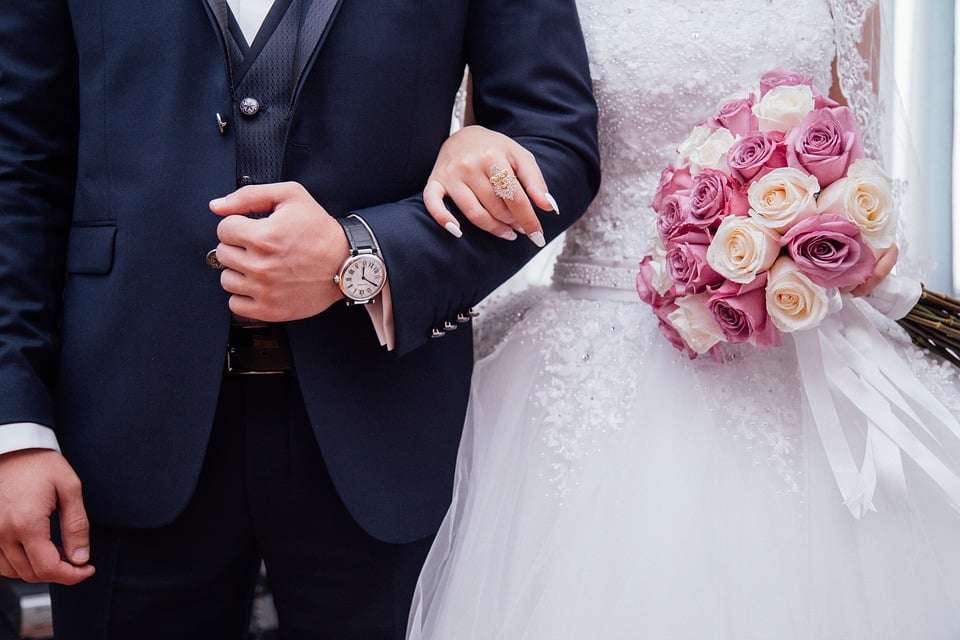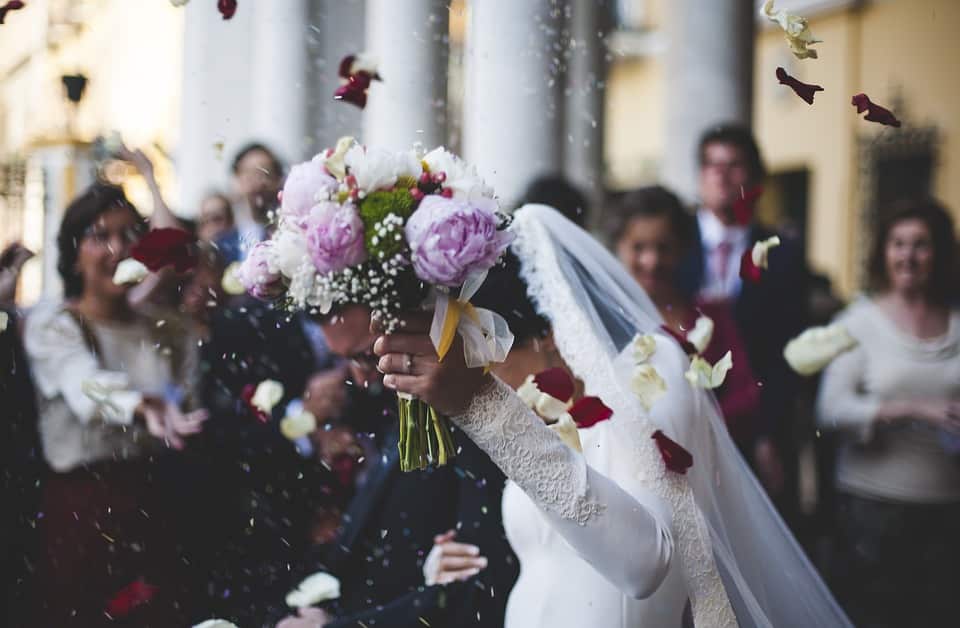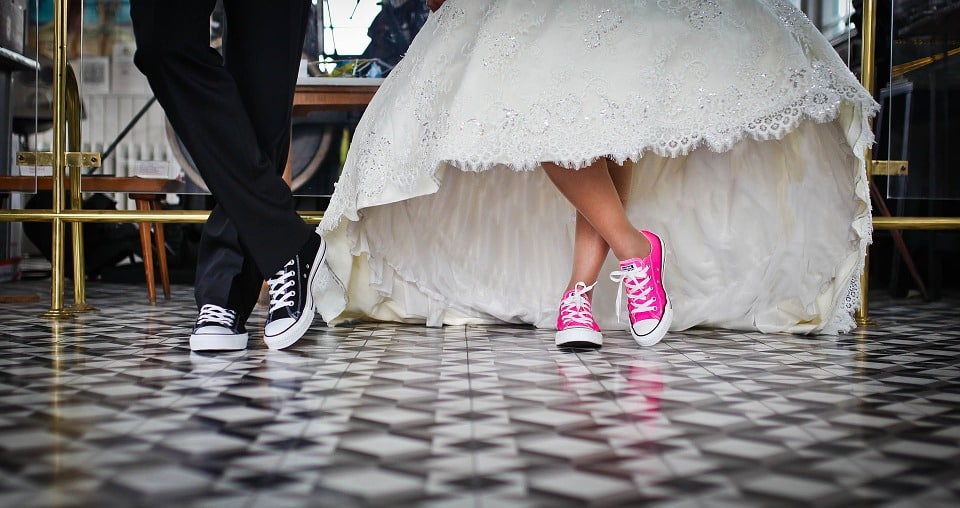Wedding photography requires a unique skill set that sets it apart from other photography genres. As a wedding photographer, you need confidence and the ability to work quickly under pressure. The demand for wedding photography remains consistently strong, making it essential for photographers to master their craft and maintain professionalism to capture stunning wedding moments.
Before diving into wedding photography, study other couples’ wedding photos to understand different styles and techniques. The key qualities every wedding photographer needs are technical skill, strong personality, and reliability. Meeting delivery deadlines for photos and albums is crucial for building a reputation and securing future bookings through referrals.
Getting Started in Wedding Photography

If you’re new to wedding photography, gain experience by working as an assistant to established professional wedding photographers before launching your own business. This hands-on experience will teach you invaluable skills and industry practices.
Two fundamental principles guide successful wedding photography:
- Understanding your couple’s specific needs
- Delivering exactly what they envision
These principles create a foundation for achieving client satisfaction and building lasting relationships.
Schedule Early Consultations with the Couple
Book appointments with couples as soon as you receive confirmation and the wedding date. Include both partners in discussions, and when possible, involve family members. Create a detailed list of must-have shots for their album and discuss additional services like engagement sessions or cinematic wedding videos. If they’re interested in pre-wedding shoots, coordinate scheduling that works for everyone.
Understand Client Expectations

Clear, honest communication is essential for wedding photographers. This transparency builds trust and confidence in your work. Take time to understand the couple’s vision thoroughly and identify their specific expectations for their special day.
Check Out the Wedding Venue
Research the wedding location thoroughly, whether indoor or outdoor. Create a mental map of ideal spots for portraits and candid shots. Consider the venue’s lighting conditions, architectural features, and potential challenges.
Weather preparation is crucial. For rainy season weddings, bring protective equipment for your camera gear. On sunny days, plan to use diffused lighting and have flash equipment ready when needed.
Equipment Preparation
Prevent equipment failures by testing all gear before the wedding day. Equipment malfunctions can seriously damage your professional reputation. Bring backup cameras and consider hiring a second photographer to help capture all moments and provide technical support.
Additional Considerations

- Capture natural, unposed and candid moments without making subjects aware of your presence
- Maintain constant awareness of the bride and groom’s location and activities
- Use quality flash equipment to handle low-light situations effectively
- Organise all equipment and camera lenses before the ceremony begins
- Remember that wedding photography is about preserving memories for a lifetime, so document every meaningful moment
Wedding photography goes beyond simple photo sessions—it’s about capturing irreplaceable memories that couples will treasure forever.

